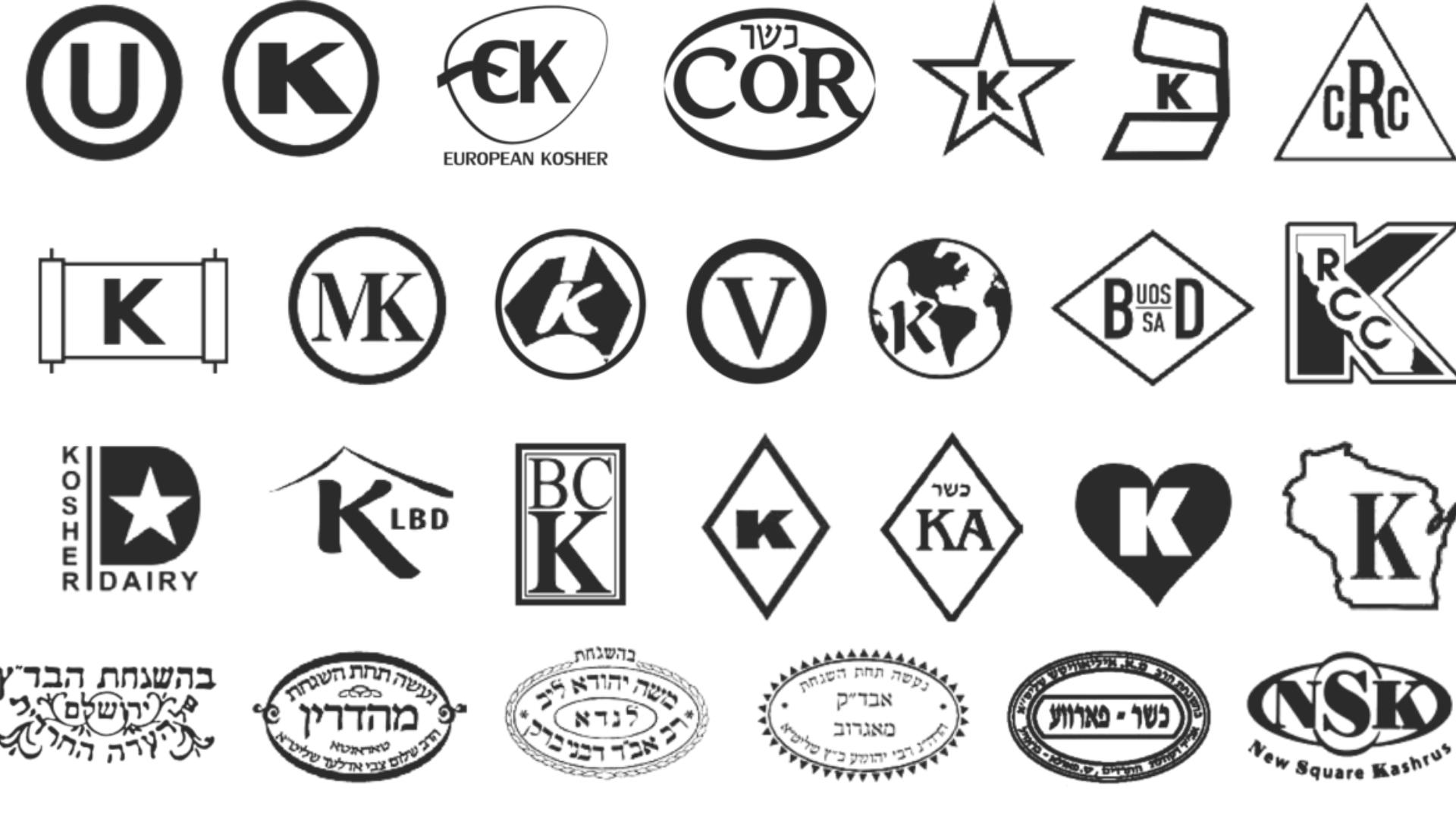The kosher laws that have guided the Jewish people for millennia are designed to elevate our spiritual awareness and promote ethical behavior. But they could not have anticipated factory farming.
Though Torah and Jewish text clearly establish veganism as the ideal, at the time of Noah and the flood, our tradition tells us, God makes a concession to humanity to allow the killing and eating of animals for the first time.
This is accompanied, however, by the very first restrictions on what we can and can’t eat: Consuming blood is explicitly forbidden (Genesis 9:4). Further restrictions on eating animals and animal products follow throughout Biblical and rabbinic text to form the system of kashrut, the kosher laws, as we know them today.
These laws are detailed, complex, and demand stringent attention. And above all, they demand adherence to a central Torah law: tza’ar baalei chayim, preventing the suffering of animals.
And yet, kosher certification does not take this into account at all.
In 2022, the Jewish Initiative for Animals released a study that shows nearly half of American Jews (48%) mistakenly believe that kosher-certified animal products represent a higher standard of life for the animals. But the truth is, the animals brought to kosher slaughterhouses are bought from the same miserable factory farms that 99% of all U.S. animal products come from.
It’s common knowledge nowadays that factory farms are horribly, monstrously cruel. Mass production of animal products means that giant corporations like Tyson and Perdue are making billions of dollars by breeding as many animals as possible, as fast as possible—meaning that the animals are kept in extremely cramped and confined conditions, unable even to stand or move around (let alone go outside).
And that’s hardly the worst of it: Just a few of the common practices on factory farms include debeaking, tail docking, genetic manipulation, forced impregnation, and violence and abuse of all kinds.
And “free range” and “humane” labels don’t mean, well, much of anything. There aren’t legally defined or enforced standards for pretty much any measure of (slightly more) humane treatment.
Kosher slaughterhouses, which again buy animals from these same factory farms, only perform the actual slaughter. And even were they to adhere strictly to every element of shechita, kosher slaughter—a system that was never designed for mass industrialization—the fact remains that the pain and suffering inflicted on these animals from the moment of their birth forward is a direct violation of tza’ar baalei chayim.
And is it ever truly humane to kill an animal who wants to live?
In today’s world, we have more choices than ever around what and how we eat. For most of us, incorporating more plant foods and far less animal foods into our diets is not only doable: It’s the only way we can truly live out the Jewish values that guide and nourish us.
